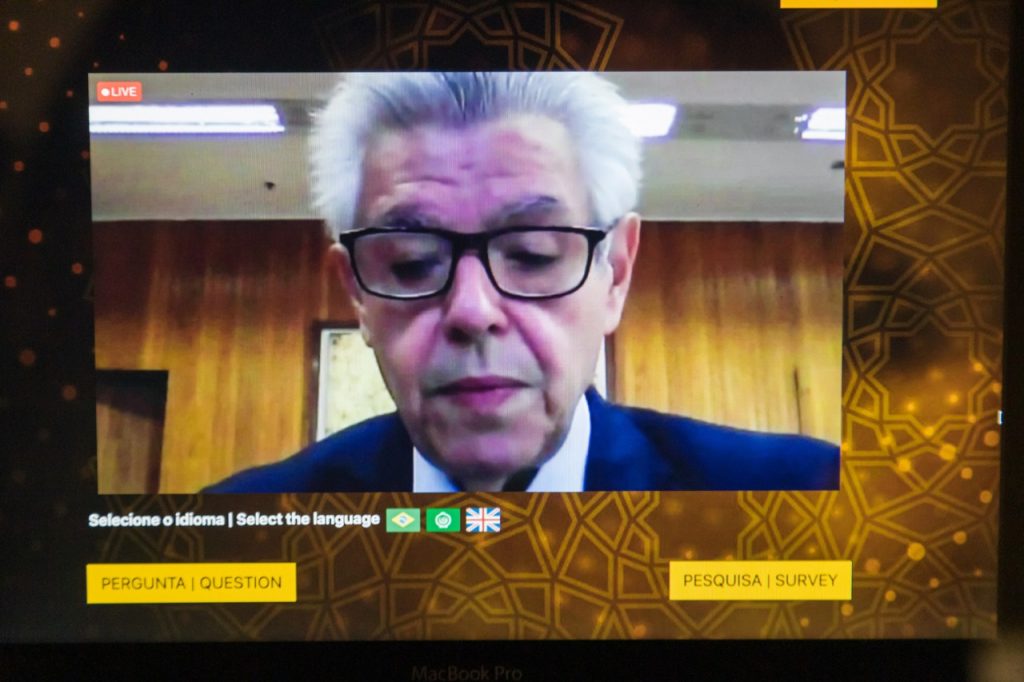São Paulo – Brazil and the Mercosur are negotiating new free trade agreements with some Arab countries, the special secretary for Foreign Trade and International Affairs of the Ministry of Economy, Roberto Fendt, reported during his talk in the Economic Forum Brazil & Arab Countries on Monday (19).
The forum is being hosted online by the Arab Brazilian Chamber of Commerce (ABCC) until next Thursday (22). “The Brazilian government has sought to fast-track the negotiation process of new trade agreements as a way to grant preferential access to our exports as well as facilitating imports of inputs and technologies at competitive prices,” Fendt said.
According to the secretary, the Arab countries are some of Brazil’s major trade partners, and the Brazilian government is keen to strengthen these relations. “In fact, Mercosur has signed free trade agreements with Egypt and Palestine. It is currently negotiating an agreement with Lebanon and has started talks with Tunisia and Morocco, too,” Fendt pointed out. The agreement with Palestine is not yet in force.
Another goal, the secretary said, is increasing the investment flow between Brazil and the Arab world. “For that, we believe a two-pronged approach is needed, both improving the regulatory framework to eliminate non-tariff barriers and sophisticating our infrastructure and energy assets. On the first category, it is essential to negotiate new cooperation and investment agreements, which we have in talks with Saudi Arabia and Qatar, and we are also focused in avoiding double taxation, as the agreement with the United Arab Emirates has just been approved by the National Congress,” he said.
The Brazilian government has recently started talks with the UAE government to discuss ways to improve the connectivity of road, airport and port transport in industrial areas, Fendt reported. “The goal is encouraging reexports in processing zones and eventually establishing direct shipping lanes to cut costs and time for transporting good between Brazil and those countries,” he said.
Brazil has fine-tuned norms to increasingly align them with the assumptions and guidelines of the Organization for Economic Co-operation and Development (OECD), Fendt said. “We try to increase the revenue and minimize tax evasion by determining the priorities of double taxation treaties to be signed,” he declared.
As for investments, the Gulf sovereign funds – such as the Qatar Investment Authority, the Public Investment Fund of Saudi Arabia (PIF), Mubadala of Dubai and ADIA of Abu Dhabi, UAE – have strengthened their ties with Brazil in recent years, Fendt said. “This has stepped up after President Jair Bolsonaro’s official tour to those countries in October 2019. There is the intention to build a shared agenda reinforcing the Brazilian participation in the G20 summit that is slanted to take place in Riyadh in November,” he said.
Fendt said the private sector’s role is key for the Brazilian government to strengthen its relations with the Arab countries and added that there is still room to for the technical and regulatory trade cooperation to grow, thus increasing the flow of goods, services and investments.
Check out the full coverage on ANBA.
Translated by Guilherme Miranda




